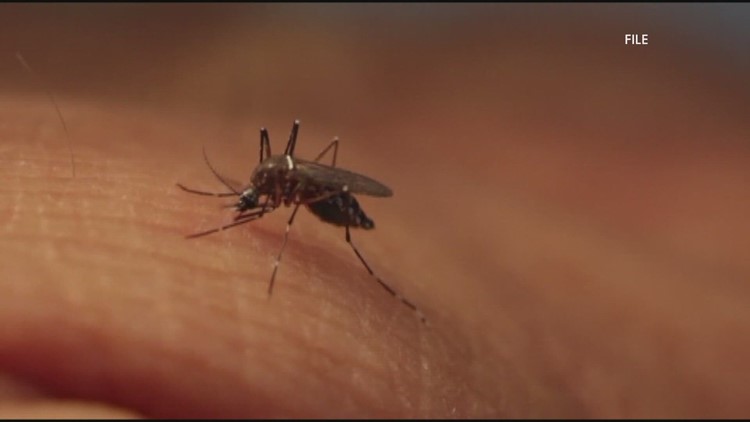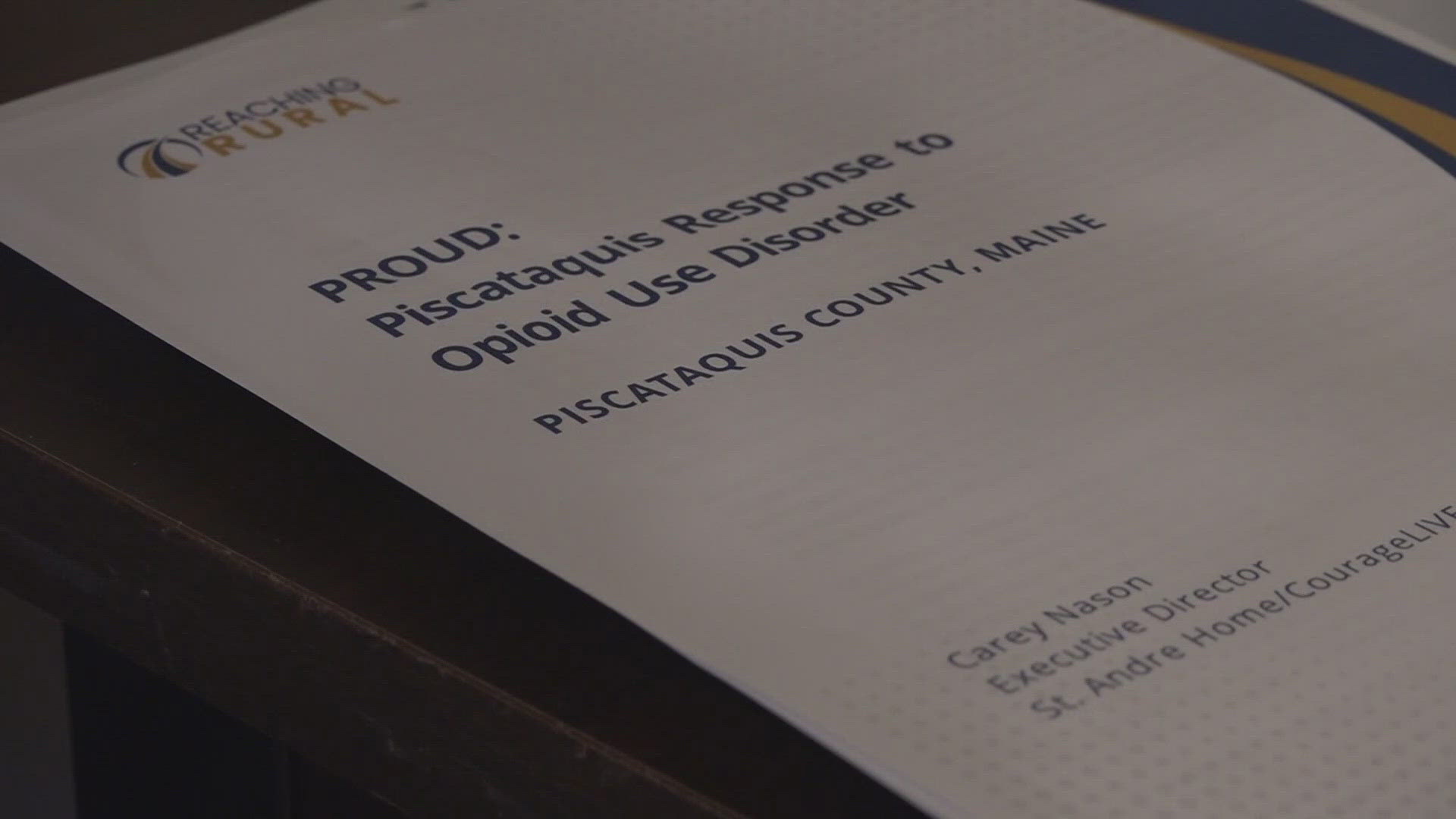DUBLIN, N.H. — Health officials announced Friday that an adult from Dublin, New Hampshire, tested positive for Jamestown Canyon virus (JCV), a viral infection transmitted through the bite of an infected mosquito.
According to a release from the New Hampshire Department of Health and Human Services, the person infected with JCV was hospitalized with worsening neurological symptoms and ultimately died. The person's JCV infection was identified as a contributing cause of their death.
New Hampshire DHHS said this is the first case detected in the state this season. In New Hampshire, human cases of JCV have been recorded as early as mid-May and as late as early November.
The arboviral risk level for cities and towns indicates the risk of transmission of mosquito-borne diseases to people. According to New Hampshire DHHS, the arboviral risk level for Dublin will be increased to high due to this identified infection. The risk level for surrounding towns of Harrisville, Peterborough, Jaffrey, and Marlborough will increase to moderate.
“Jamestown Canyon Virus and the other mosquito-borne infections can cause serious illness,” New Hampshire's state epidemiologist, Dr. Benjamin Chan, said in Friday's release. “As summer progresses into fall, the risk from mosquito-transmitted infections is expected to increase. So residents and visitors to New Hampshire should take precautions to avoid mosquito bites, especially as people are encouraged to spend more time outdoors during the COVID-19 pandemic.”
JCV is a mosquito-borne pathogen that circulates widely in North America. It primarily infects deer and mosquitoes, but it can also infect humans.
In addition to JCV, New Hampshire DHHS said Eastern Equine Encephalitis virus (EEEV) and West Nile virus (WNV) could also be spread to people through mosquito bites.
People can be infected and not develop any symptoms or only very mild symptoms for all three mosquito-borne diseases. Early symptoms can include fever, muscle aches, headaches, and fatigue. More serious central nervous system diseases, including meningitis or encephalitis, can occur with these diseases. New Hampshire DHHS said there are no vaccines to prevent JCV, and care consists of treating symptoms to keep the infected person comfortable.
According to New Hampshire DHHS, reports of JCV in humans have been increasing over the last several years as recognition and testing for this virus has increased. This JCV case is New Hampshire’s fifteenth since the first case was reported in the state in 2013, New Hampshire DHHS said.
You can find more information online at www.dhhs.nh.gov and www.cdc.gov.
NCM Report on 2020 case of JCV



